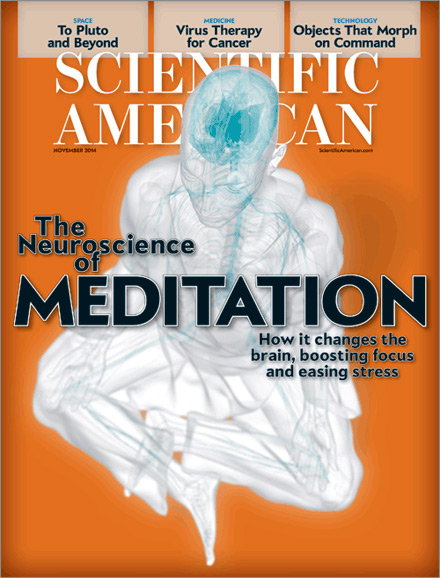A Science of War
Do democracies make better lovers?

From Ukraine, Syria and Gaza to the centenary of the First World War in 2014, news junkies and students of history cannot help but wonder if war is a perpetual feature of civilization. German philosopher Immanuel Kant wondered as much in a 1795 essay entitled Perpetual Peace, concluding that citizens of a democratic republic are less likely to support their government in a war because “this would mean calling down on themselves all the miseries of war.” Ever since, the “democratic peace theory” has had its supporters. Rutgers University political scientist Jack Levy, in a 1989 essay on “The Causes of War,” reasoned that the “absence of war between democratic states comes as close as anything we have to an empirical law in international relations.” Skeptics point out such exceptions as the Greek and Punic wars, the War of 1812, the U.S. Civil War, the India-Pakistan wars and the Israel-Lebanon War. Who is right? Can science answer the question?
In their 2001 book Triangulating Peace, political scientists Bruce Russett and John Oneal employed a multiple logistic regression model on data from the Correlates of War Project that recorded 2,300 militarized interstate disputes between 1816 and 2001. They assigned each country a democracy score between 1 and 10, based on the Polity Project, which measures how competitive its political process is, as well as the fairness of its elections, checks and balances of power, transparency, and so on. The researchers found that when two countries score high on the Polity scale, disputes between them decrease by 50 percent, but when one country was either a low-scoring democracy or an autocracy, it doubled the chance of a quarrel between them. (continue reading…)

